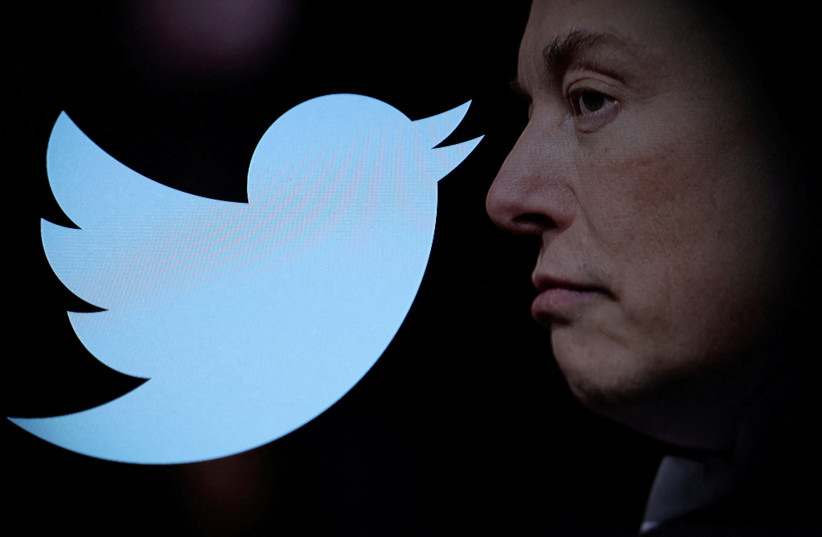Twitter CEO Elon Musk said on Thursday that countries should not "cede authority" to the World Health Organization in comments swiftly rejected by the UN health agency's chief.
"Countries should not cede authority to WHO," Musk, whose Twitter account has more than 132 million followers, wrote in response to a video of right-wing Australian senator Malcolm Roberts criticizing the organization.
"Countries aren't ceding sovereignty to @WHO," Director-General Tedros Adhanom Ghebreyesus tweeted in response. "The #PandemicAccord won't change that. The accord will help countries better guard against pandemics," he added.
Since COVID-19 first emerged more than three years ago, the World Health Organization has complained of an "infodemic" of misinformation and disinformation around the pandemic.

UN agency direct target of attacks
At times the UN agency has been the direct target of such attacks, with some commentators accusing it of seeking to wrest health policy away from the governments, especially since international negotiations between member states began over a new pandemic treaty to avoid and deal with future outbreaks.
The WHO is made of 194 member states which take major decisions on its health policies and budgets through an annual assembly attended by governments.
